
Emily Cooke
Emily is a health news writer based in London, United Kingdom. She holds a bachelor's degree in biology from Durham University and a master's degree in clinical and therapeutic neuroscience from Oxford University. She has worked in science communication, medical writing and as a local news reporter while undertaking NCTJ journalism training with News Associates. In 2018, she was named one of MHP Communications' 30 journalists to watch under 30. (emily.cooke@futurenet.com)
Latest articles by Emily Cooke
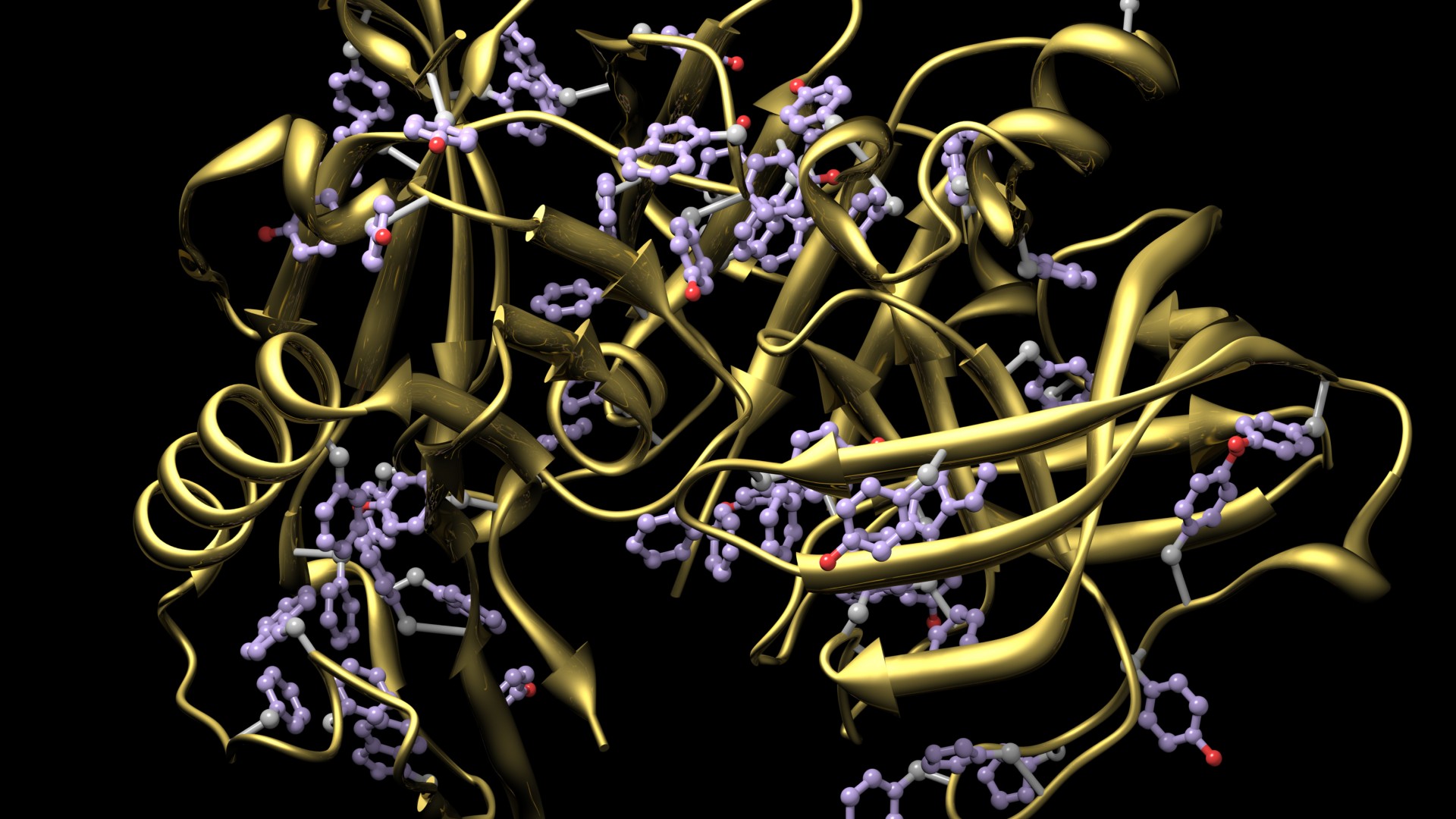
1st-of-its-kind database reveals how DNA mutations 'destabilize' proteins, triggering genetic disease
By Emily Cooke published
A new mega-database of half a million mutations may flag new ways of treating genetic disease, scientists say.
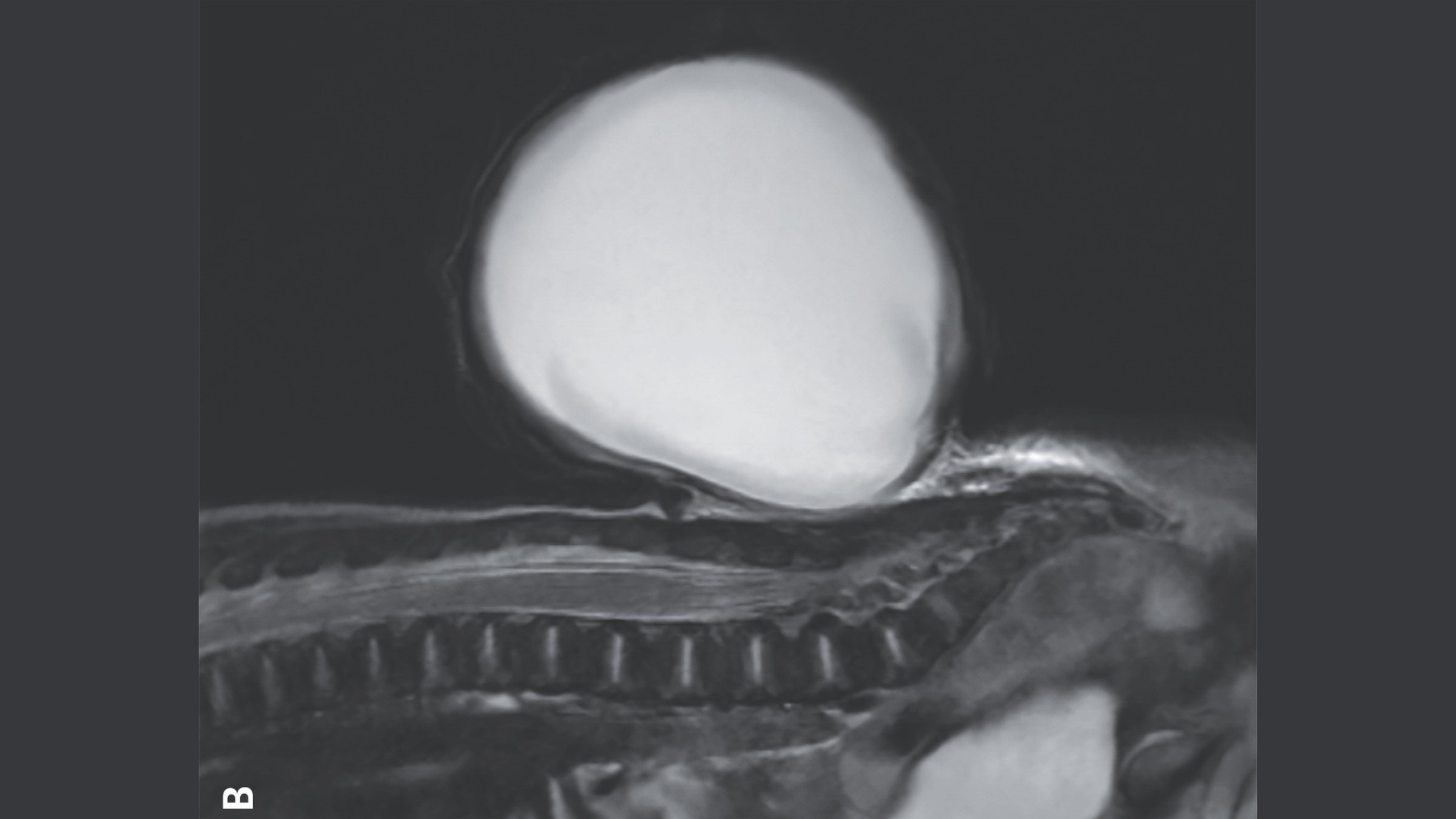
'Red balloon' sprouts from baby's back due to birth defect
By Emily Cooke published
The newborn had a birth defect that left a gap in his lower spine, through which tissue pushed out and formed a giant, red, balloon-like structure.
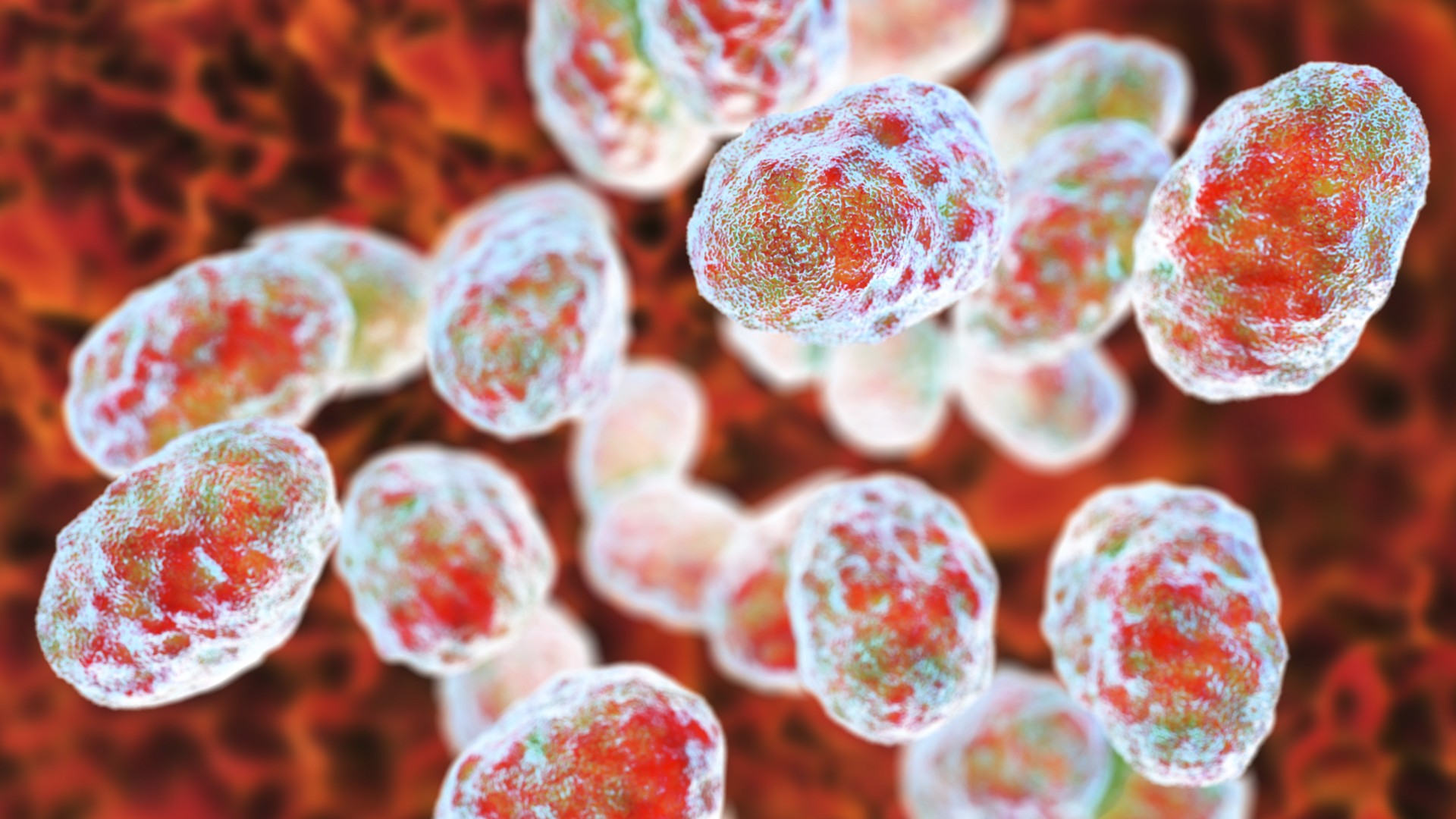
Tularemia: The 'rabbit fever' that can fatally infect humans
By Emily Cooke published
Tularemia, or "rabbit fever," is an infectious disease that normally affects animals but can spread to humans, sometimes via tick and deer fly bites.

Woman hospitalized with heat stroke after using sauna for 45 minutes
By Emily Cooke published
In a rare medical case, a woman in her 70s was hospitalized with heat stroke after stretching in a sauna for 45 minutes.

Early study reveals why sleeping pills may not supply the best-quality snooze
By Emily Cooke published
A new study in mice suggests that sleeping pills may impede the brain's ability to "cleanse" itself during sleep.
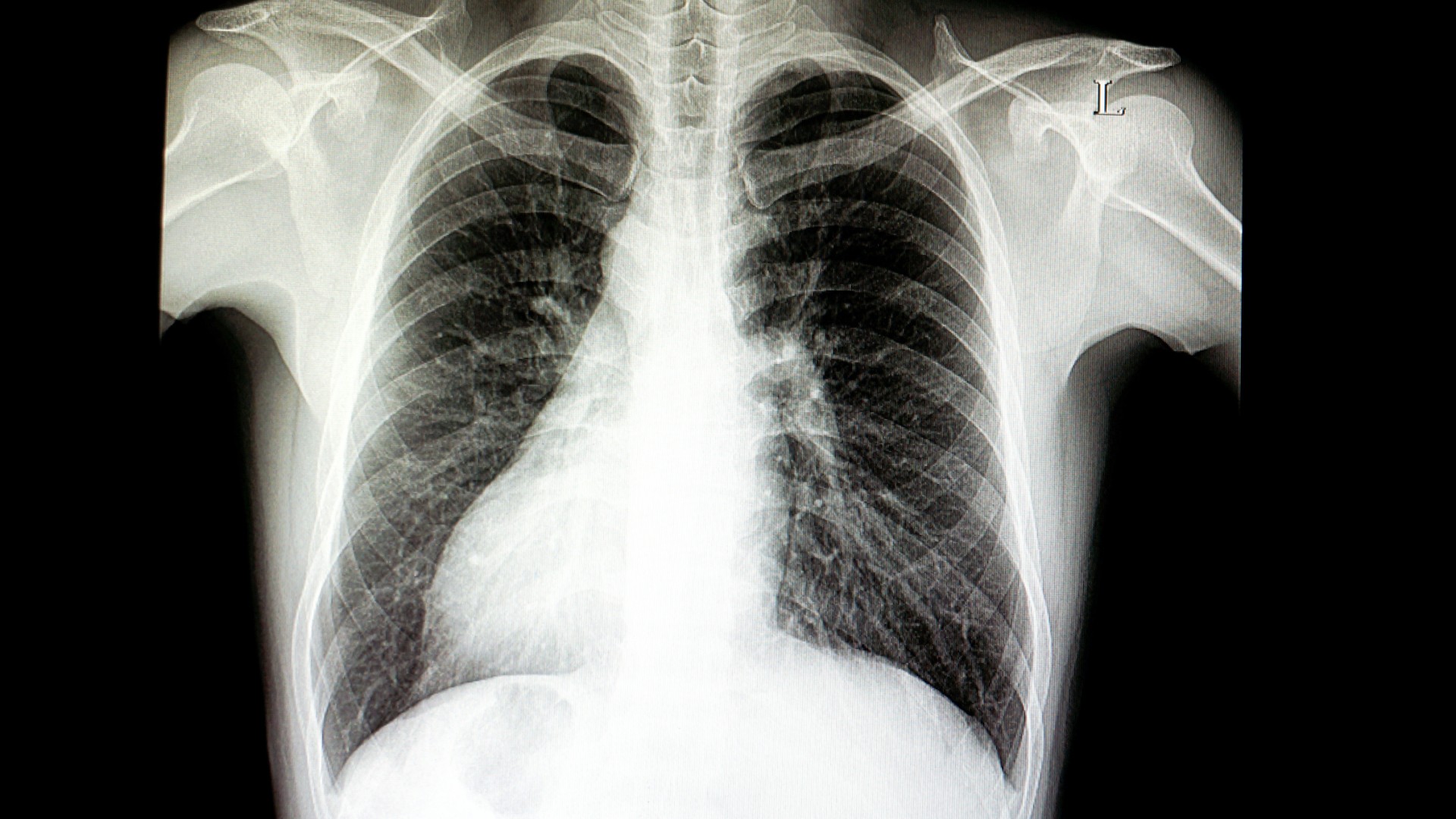
Situs inversus: The condition where your organs are on the 'wrong' side
By Emily Cooke published
Situs inversus is a rare genetic condition that causes the organs in the chest and abdomen to be located on the opposite side from where they're usually found, like a mirror image.

10 of the strangest medical cases from 2024
By Emily Cooke published
From fungi brewing alcohol in a person's gut to parasitic brain infections, here are some of the oddest medical case reports we covered in 2024.
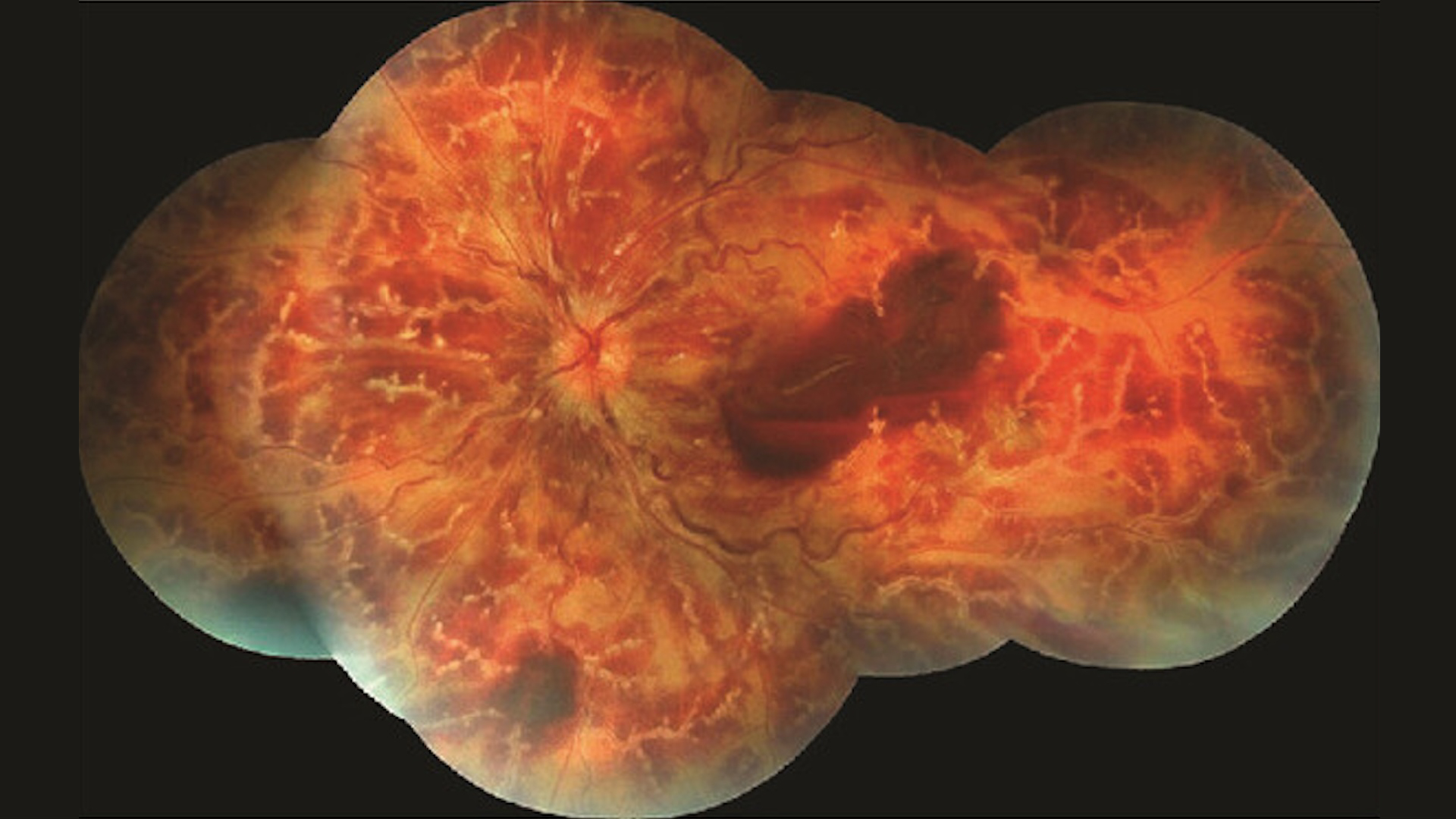
Frosted branch angiitis: A rare eye condition that makes the retina look like a frosted tree
By Emily Cooke published
Frosted branch angiitis is a rare condition that makes the blood vessels that supply the retina look like the frosted branches of a tree.

Why are you more likely to catch a cold in winter?
By Emily Cooke published
Experts explain why you're more likely to catch a cold in the winter than in warmer seasons of the year.

Fatal familial insomnia: A genetic condition where people never sleep again
By Emily Cooke published
As fatal familial insomnia progresses, patients completely stop sleeping and enter a coma-like state that results in death within months.
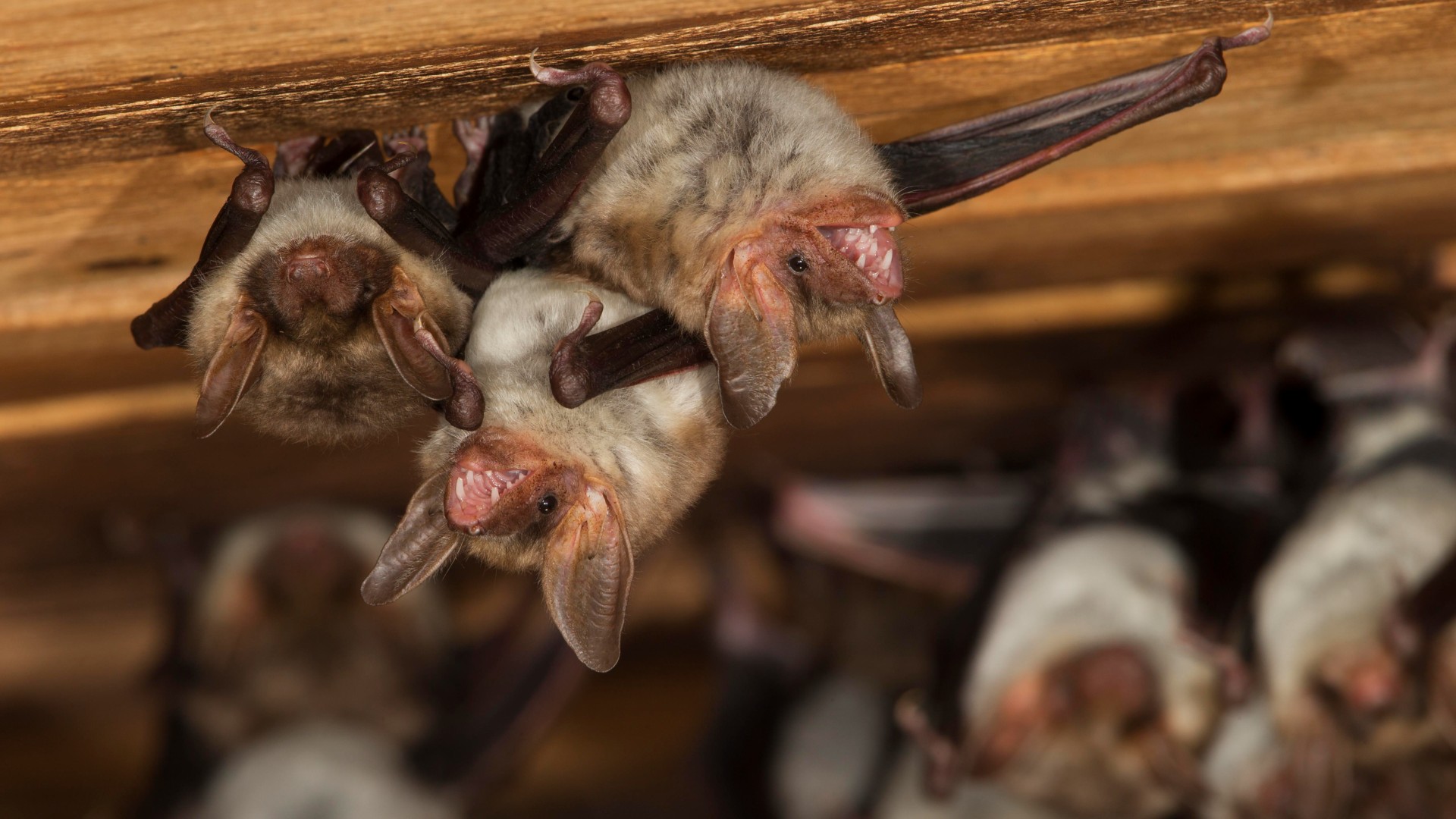
Bat poop used to grow cannabis kills 2 in New York in unusual cases
By Emily Cooke published
Two men from Rochester, New York died from a type of pneumonia after being exposed to a harmful fungus living in bat poop used to grow cannabis.
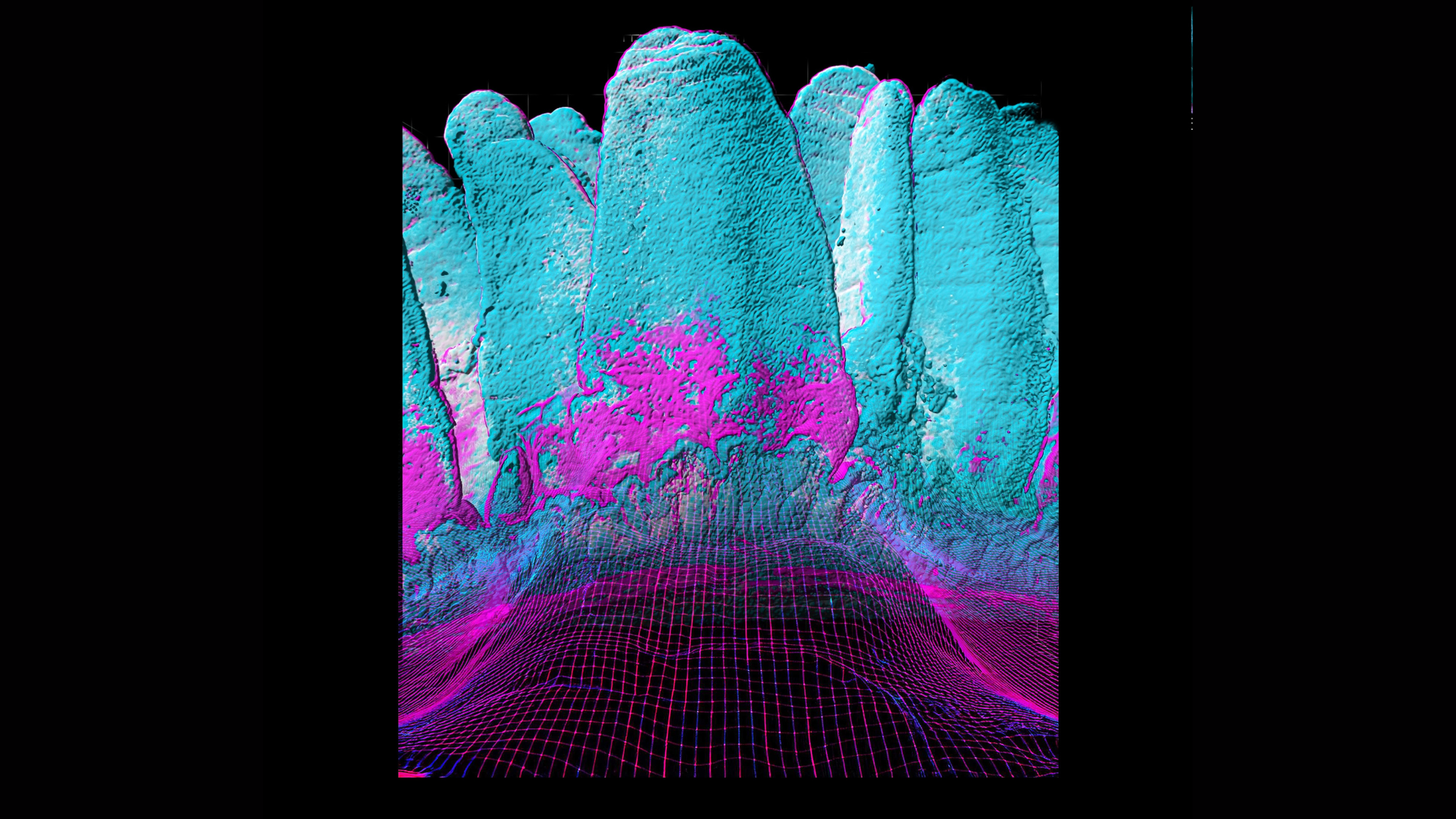
The gut 'remodels' itself during pregnancy, study finds
By Emily Cooke published
The inner lining of the small intestine nearly doubles in size during pregnancy and breastfeeding, according to new research in mice and human tissue.

4 biologists awarded Germany's most prestigious scientific award, worth 2.5 million euros
By Emily Cooke published
The Leibniz Prize is awarded annually to scientists for their "outstanding achievements in the field of research."
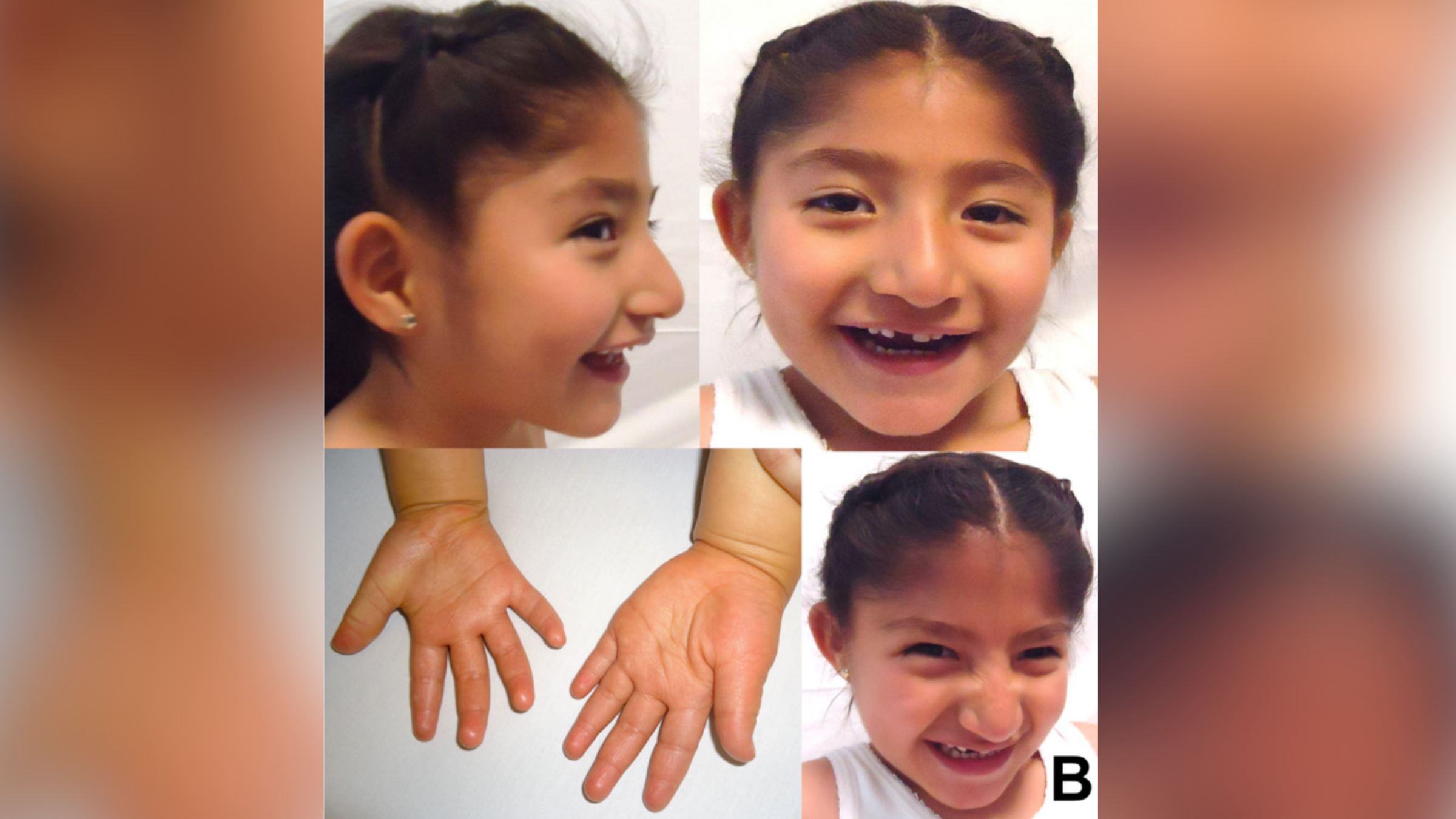
Angelman syndrome: A disorder that stops people walking and speaking
By Emily Cooke published
Angelman syndrome is a rare disease that disrupts the normal development and function of cells, particularly in the nervous system, leading to severe developmental delays and learning disabilities.

New mRNA injection is step forward in 'quest' to find preeclampsia cure
By Emily Cooke published
A new mRNA therapy tested in mice may target the root cause of the potentially fatal pregnancy disorder preeclampsia.
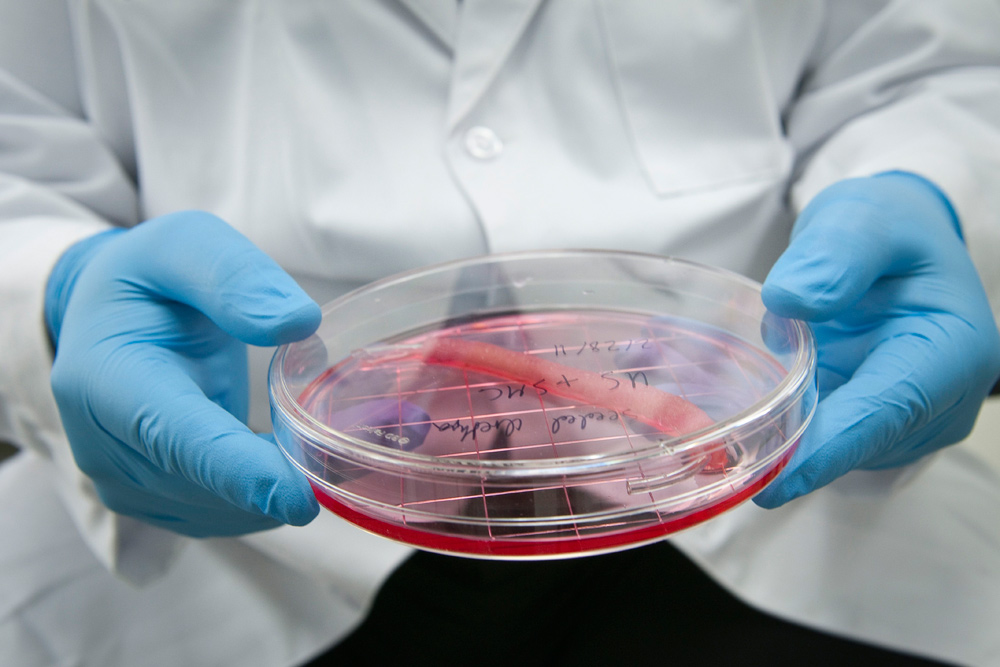
Body parts grown in the lab
By Mindy Weisberger, Emily Cooke last updated
In recent years, scientists have successfully grown a range of miniature organs and human body parts in the lab.

13 proteins tied to brain aging seem to spike at ages 57, 70 and 78
By Emily Cooke published
A new study claims to have identified 13 proteins associated with either accelerated or decelerated brain aging. However, experts have questioned the practical implications of the findings.
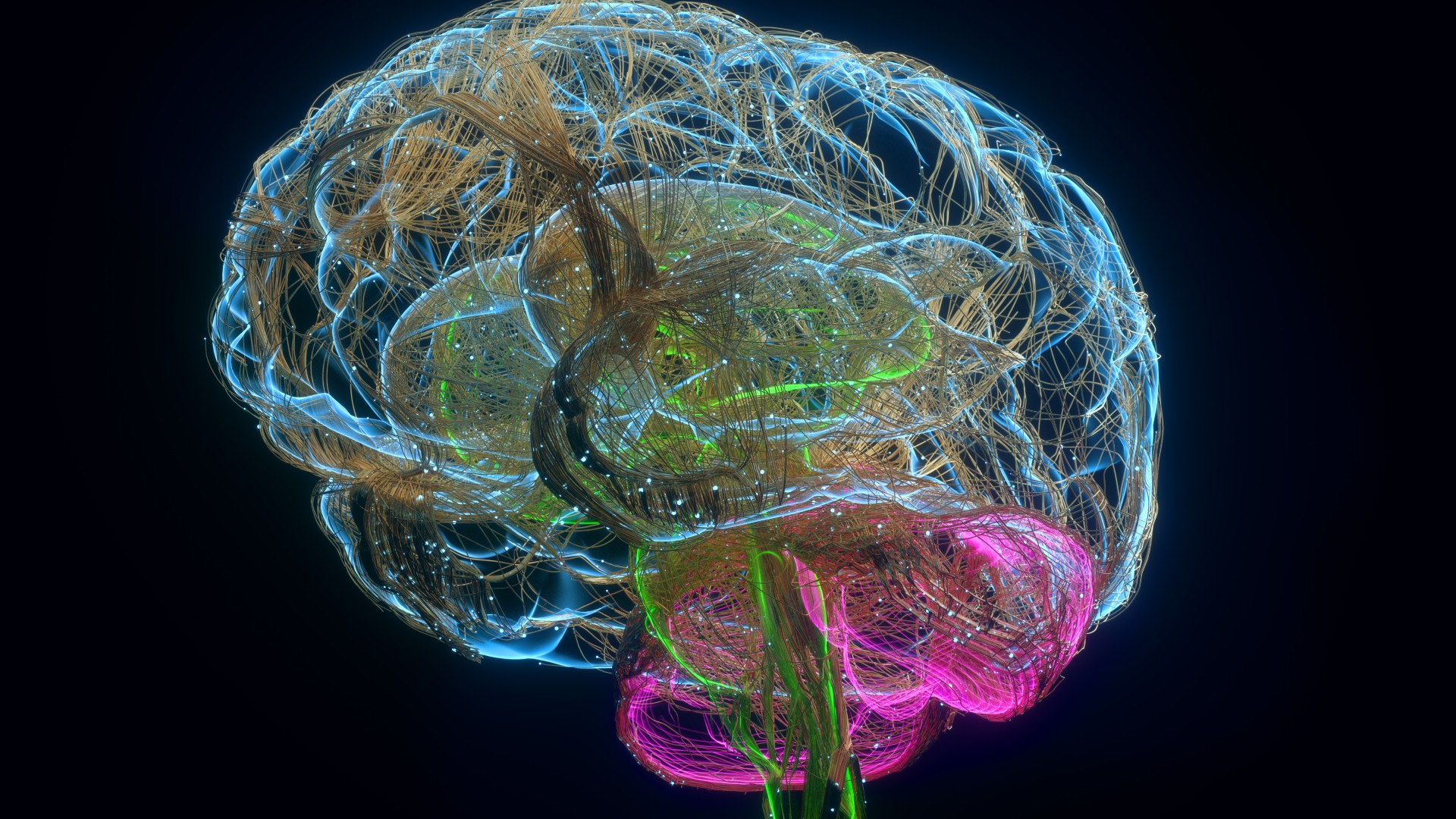
Gut microbiome may have fueled the growth of humans' big brains, study suggests
By Emily Cooke published
A new laboratory study in mice suggests that primates like humans evolved large brains with a helping hand from microbes that live in the gut.

What's the difference between a cold and the flu?
By Emily Cooke published
Common colds and the flu differ in many ways, including their causes, some of their symptoms and their treatments.

Acromegaly: A disease that causes adults to grow uncontrollably
By Emily Cooke published
Patients with acromegaly make too much growth hormone, which causes them to grow disproportionately large bones, organs and tissues.

Babies' brain activity changes dramatically before and after birth, groundbreaking study finds
By Emily Cooke published
New brain scans have shown that neurons in several regions of the brain become significantly more active across birth.
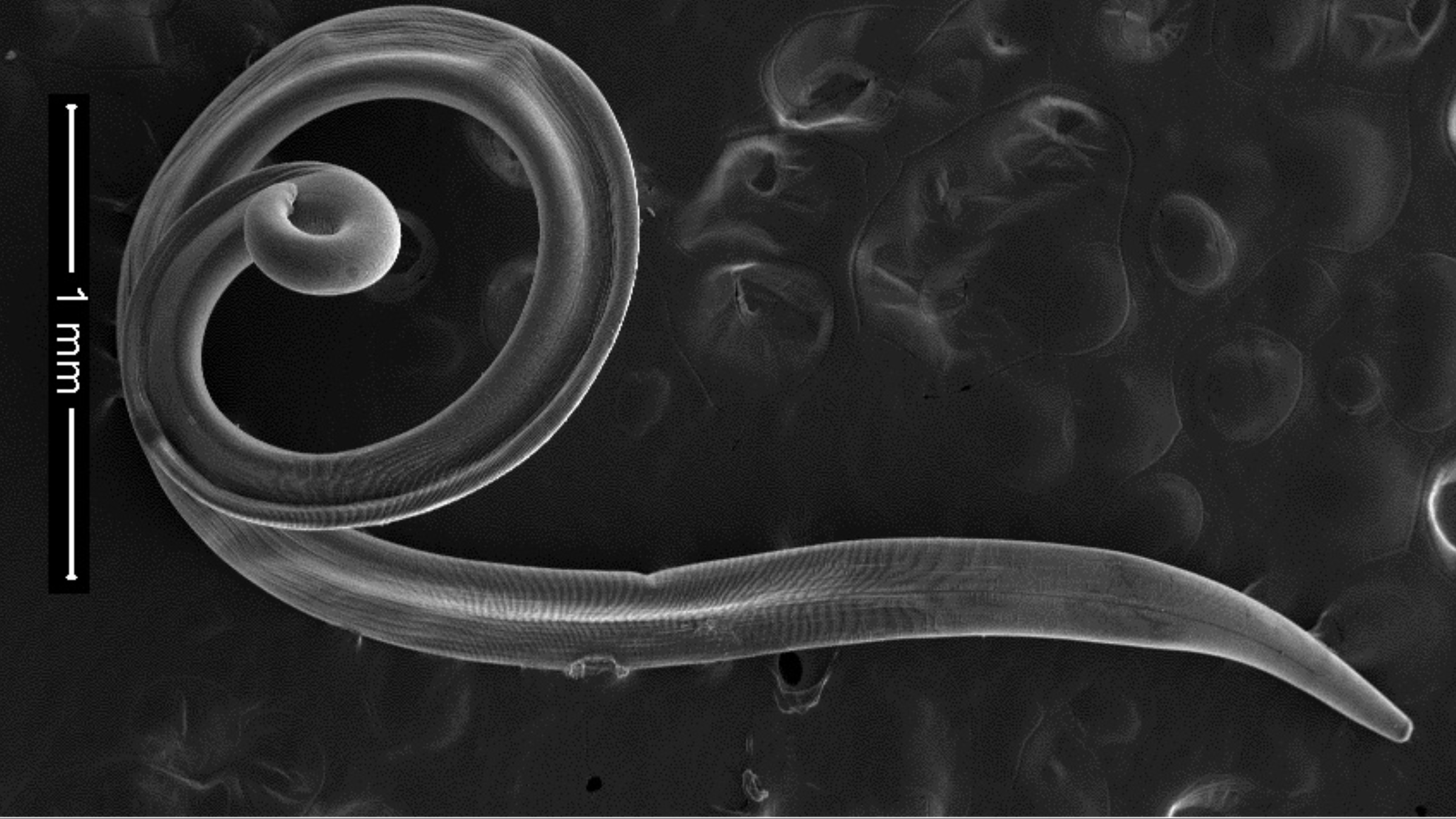
Doctors discover live worms growing under a woman's eyelid in China
By Emily Cooke published
An office worker in Beijing developed a parasitic infection that caused worms to grow under her right eyelid.
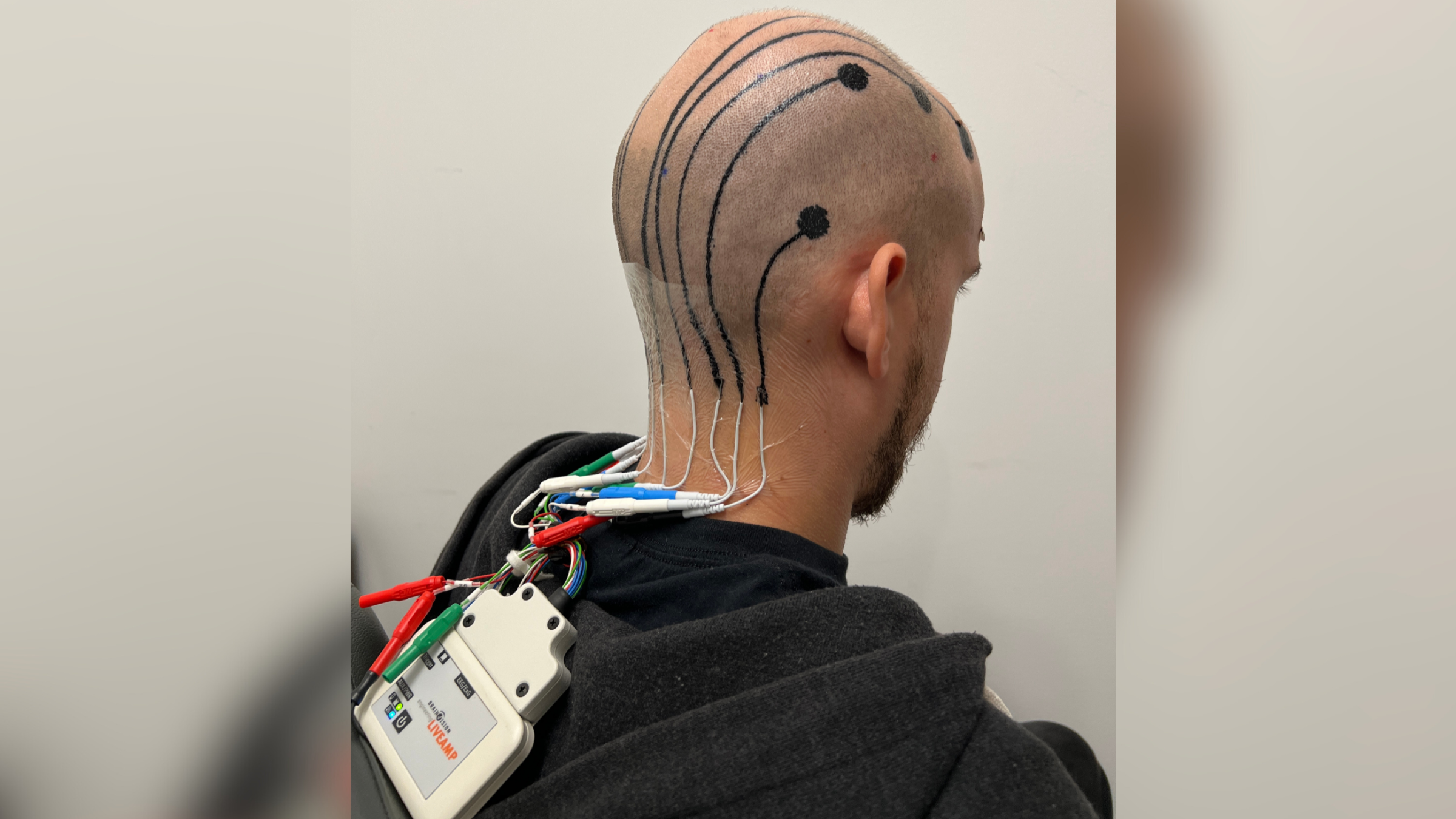
'Electronic' scalp tattoos could be next big thing in brain monitoring
By Emily Cooke published
Electrodes can now be printed onto the scalp to measure brain activity.
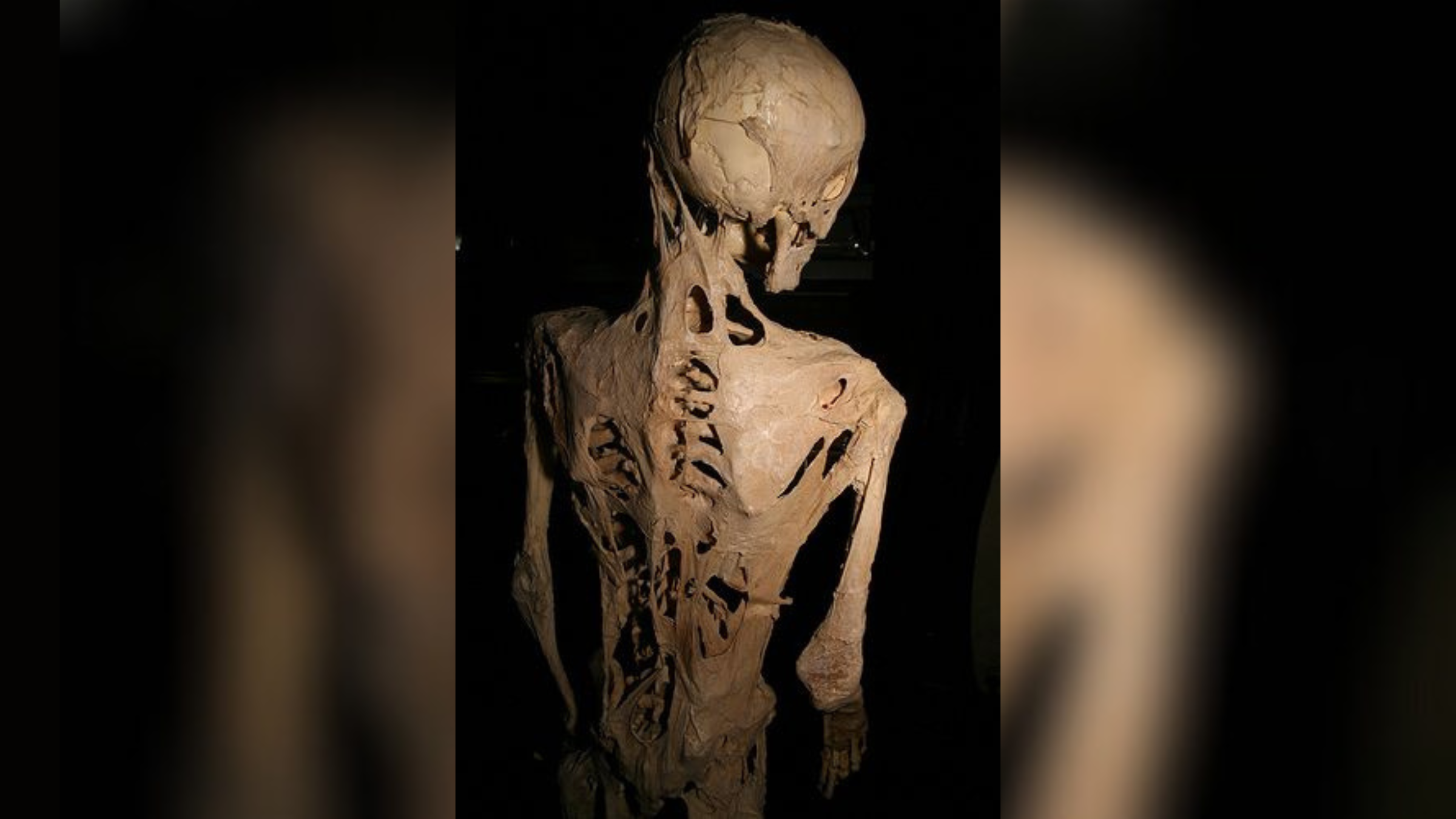
Stone man disease: A rare condition that causes a person to grow a second skeleton
By Emily Cooke published
Fibrodysplasia ossificans progressiva (FOP) is an extremely rare congenital condition that causes the body to grow a second skeleton, rendering patients immobile.
Sign up for the Live Science daily newsletter now
Get the world’s most fascinating discoveries delivered straight to your inbox.

